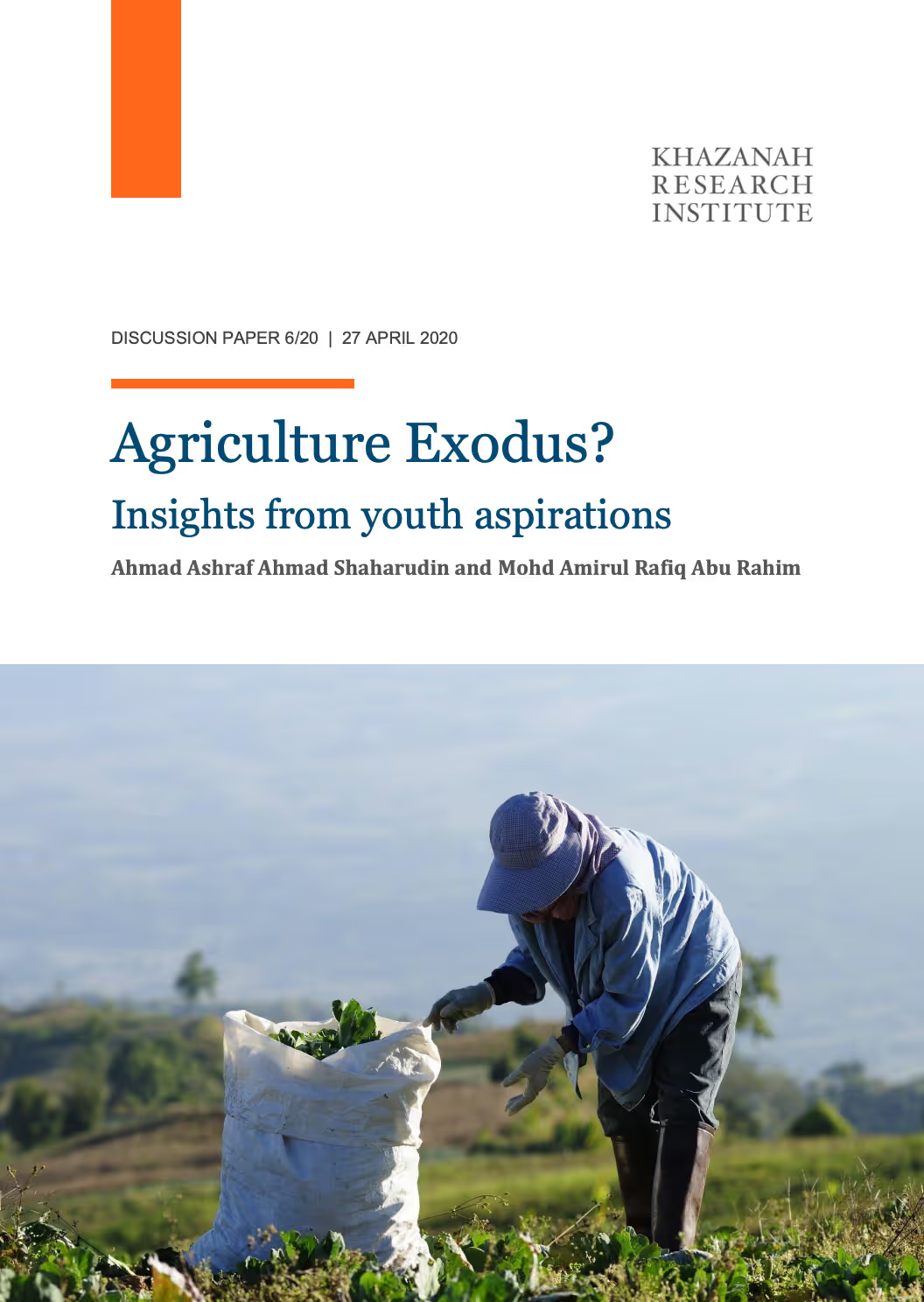
- Agriculture and fisheries are the least preferred sectors among youth. Youth who are interested to work in agriculture and fisheries are mostly male and come from states with large employment in these sectors. - Almost all in-school youth whose parents work in agriculture and fisheries do not want to work in these sectors. Moreover, almost all youth in tertiary education with at least a parent in agriculture or fisheries study non-agriculture courses. This implies a loss of potential agricultural labour who grew up with some exposure, and perhaps experience and skills, in agriculture. - A larger proportion of youth in tertiary education who study agriculture is female. However, a large percentage of them do not consider agriculture or fisheries as an ideal sector to work in. Furthermore, less than a quarter of young workers who studied agriculture end up working in agriculture or fisheries sector. This shows a clear education-labour market mismatch. - Youth who want to work in agriculture or fisheries have low reservation wage. Young workers who work in these sectors also receive smaller wage compared to those in other sectors. - Youth in school and tertiary education who are interested in agriculture and fisheries are keen to run their own business. Consistently, a large percentage of young workers in agriculture and fisheries are self-employed.















